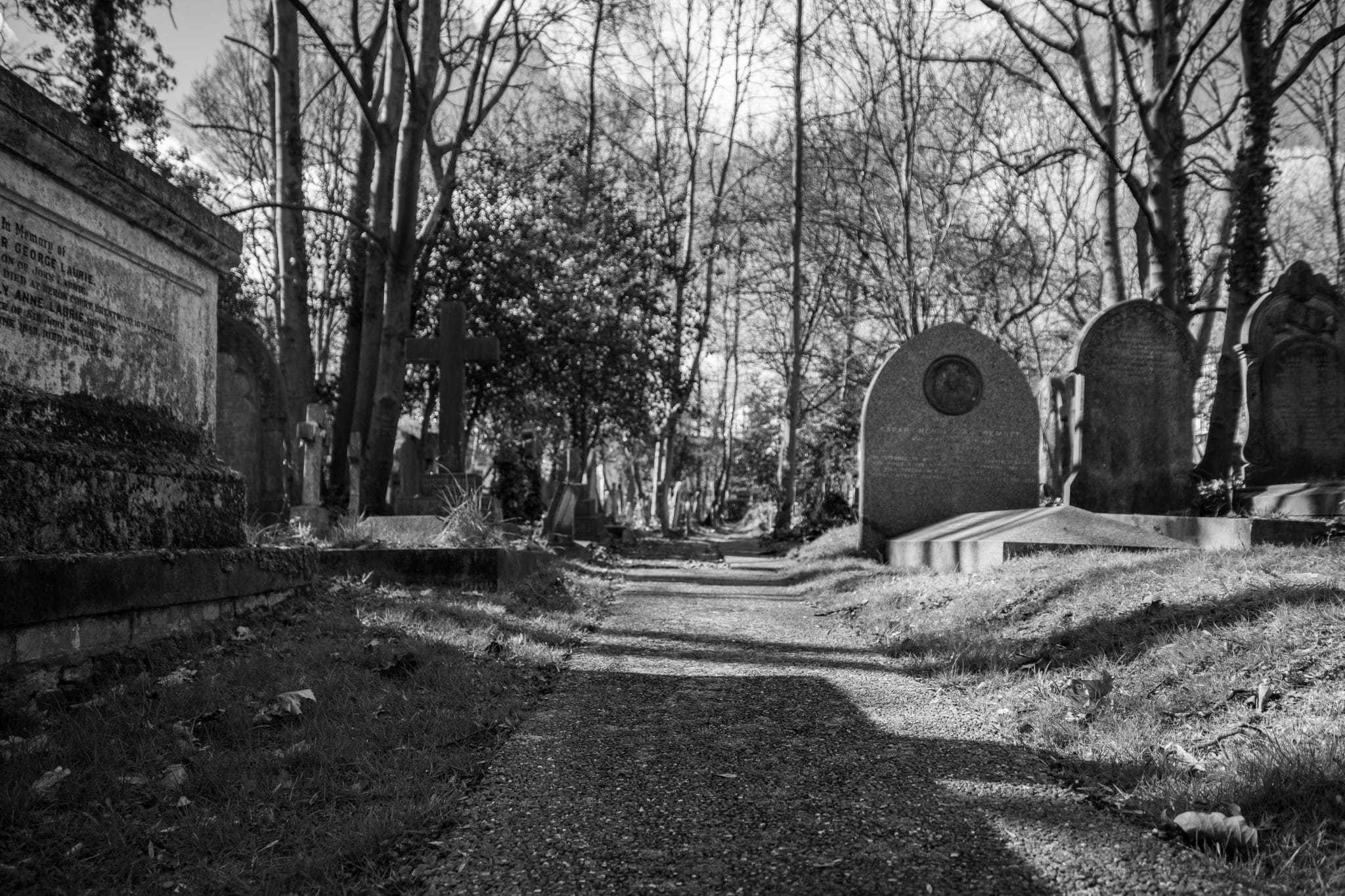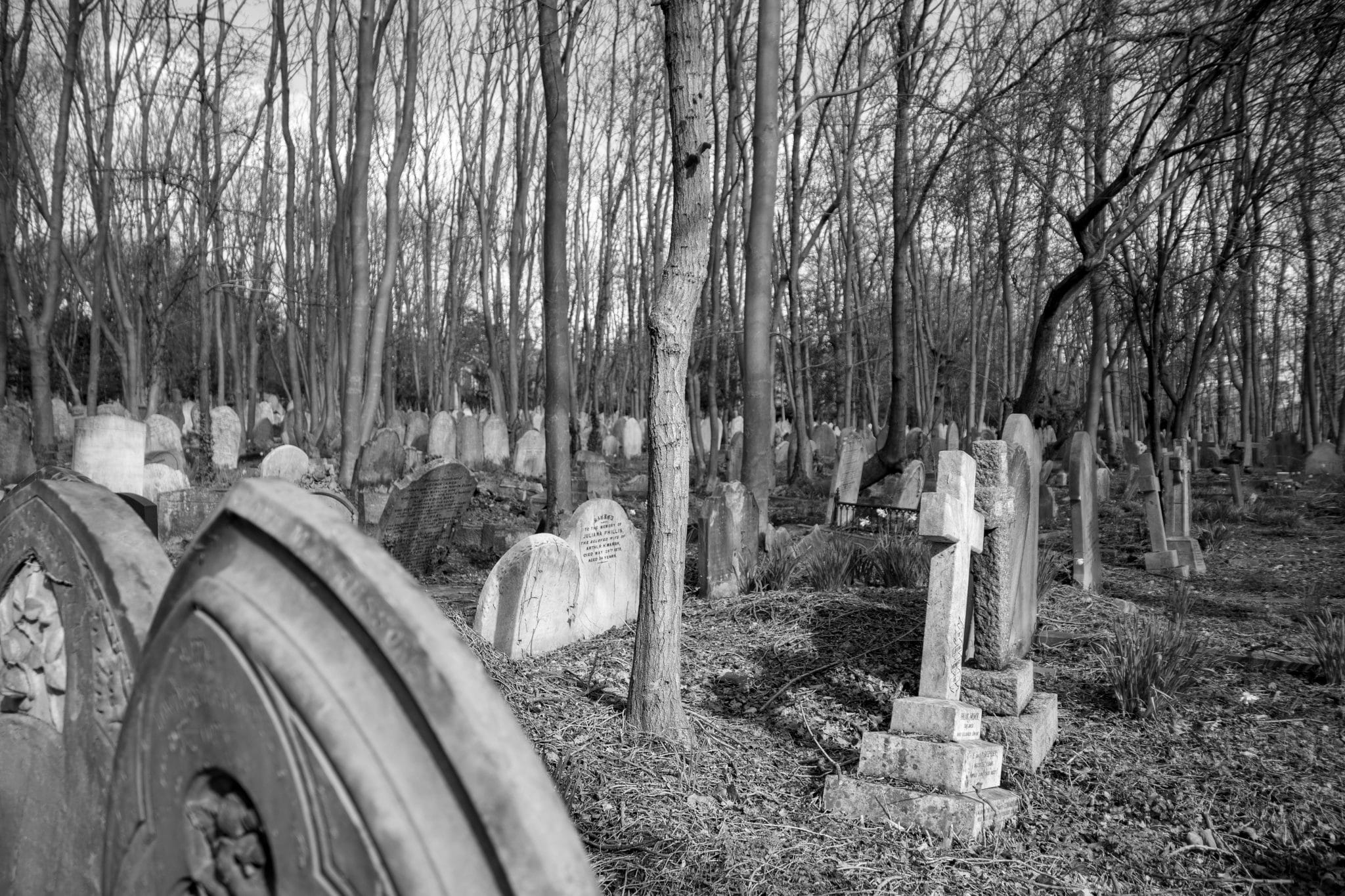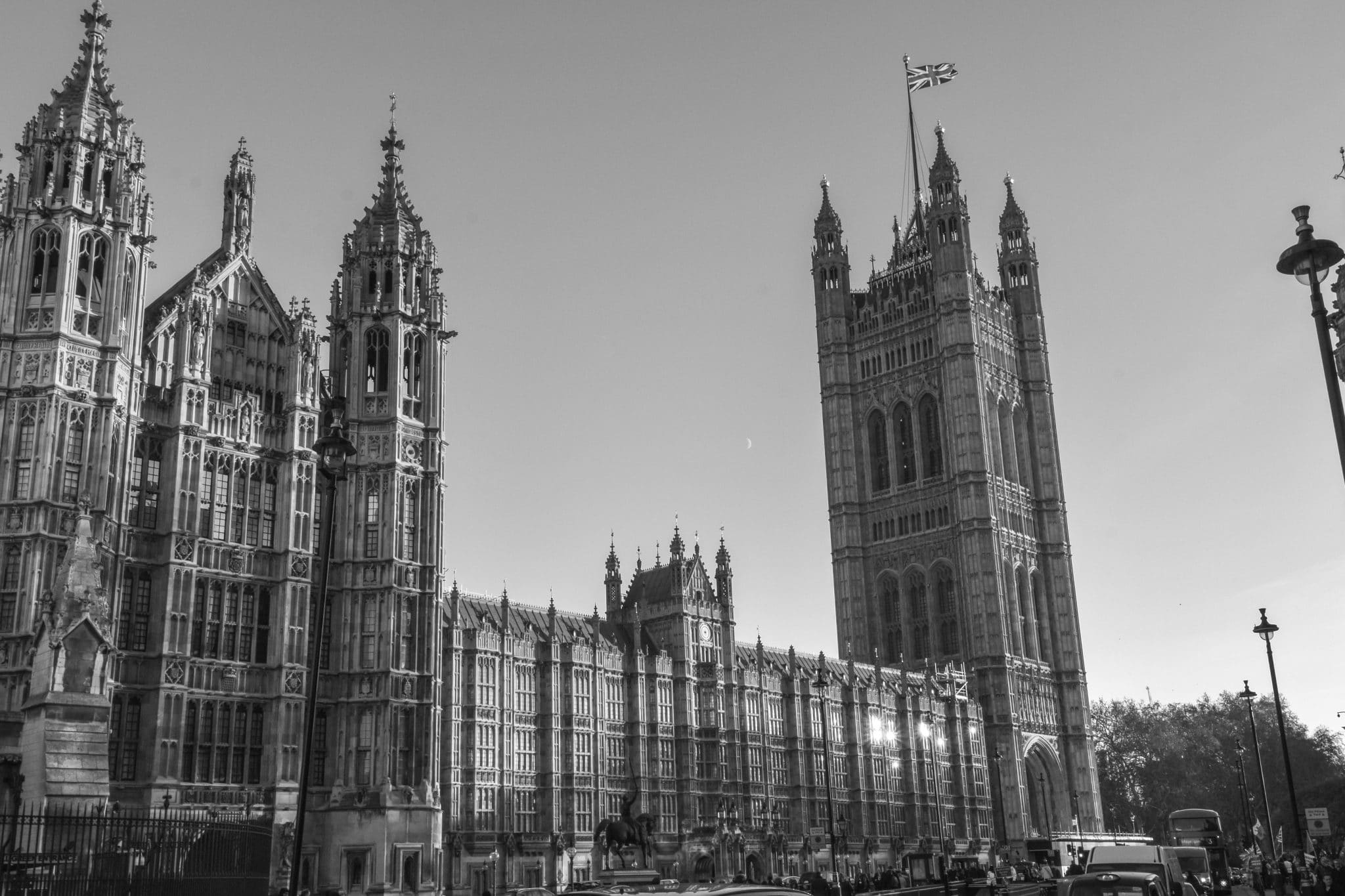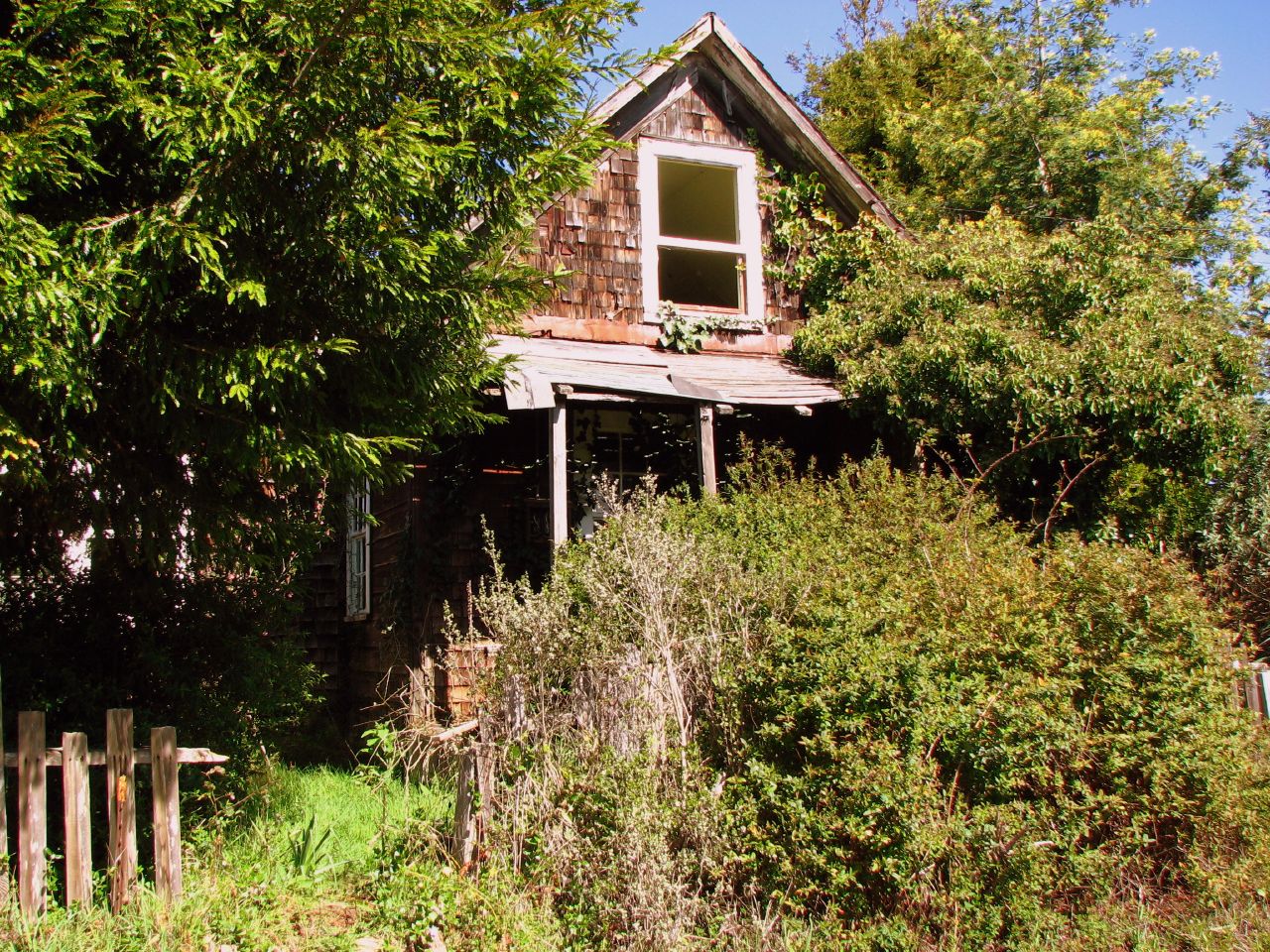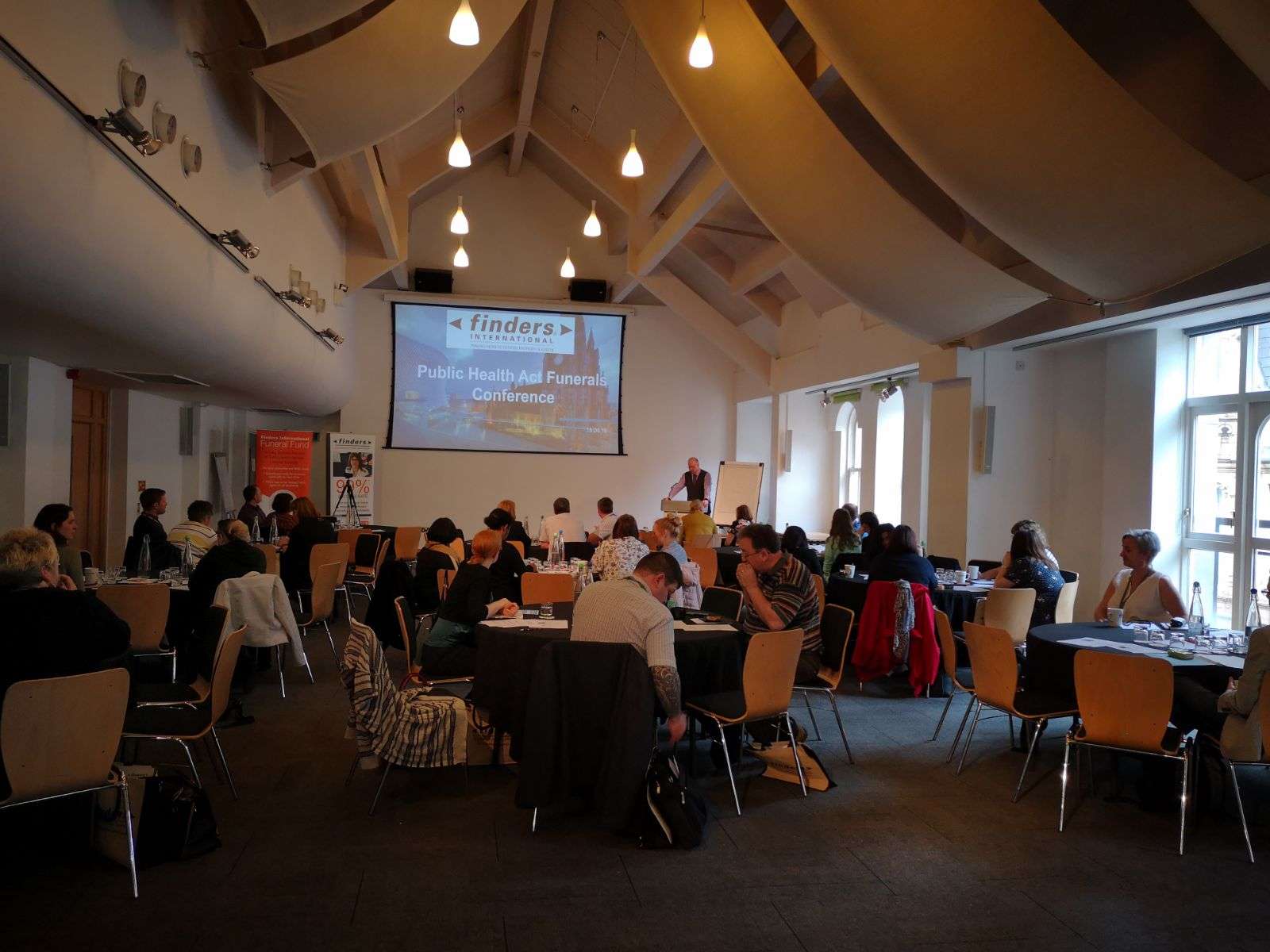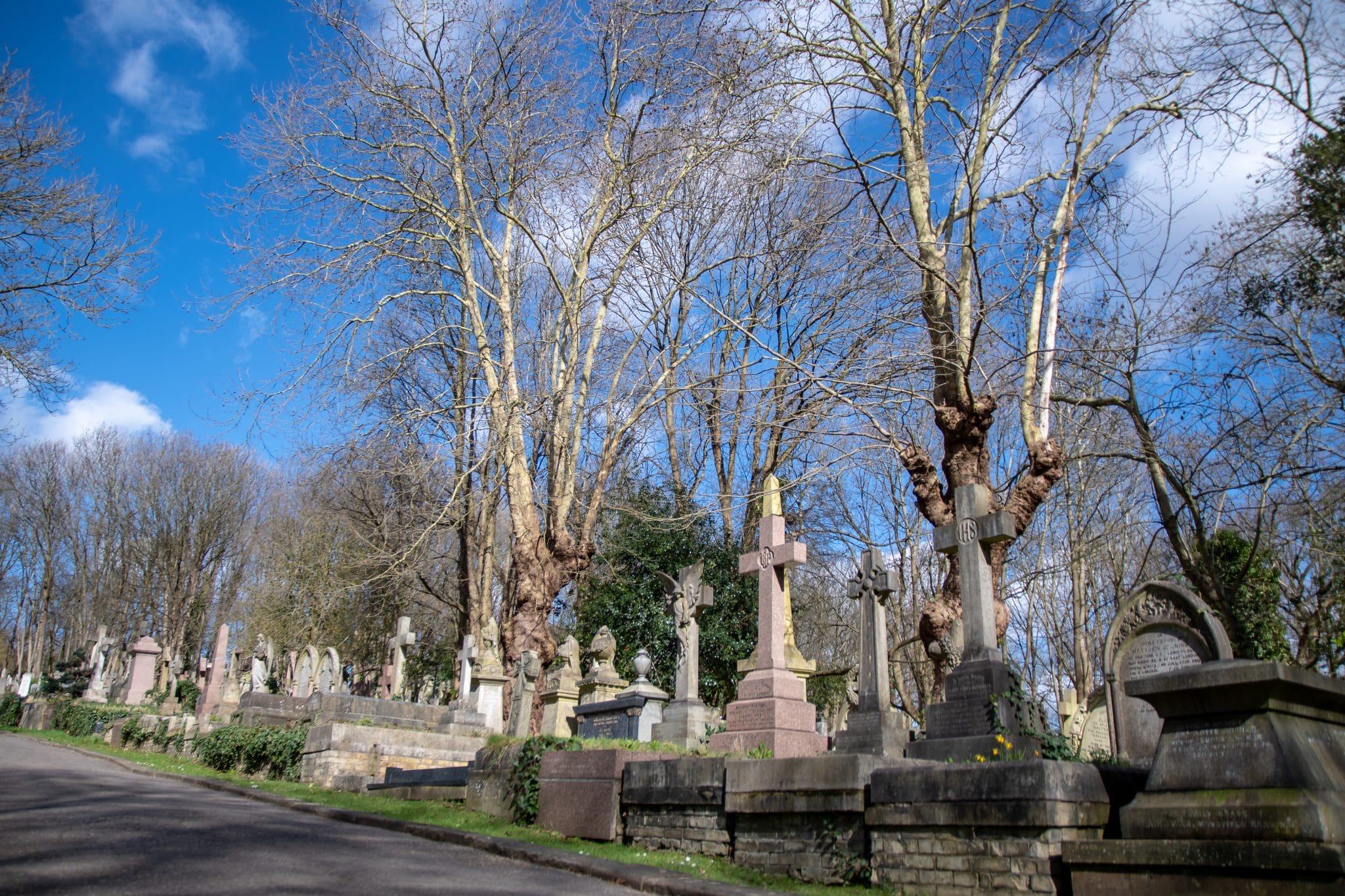Government guidance issued on PHA Funerals
The Ministry for Housing, Communities and Local Government have published a good practice guidance for local authorities who have to deal with Public Health Funerals.
Whilst not being a statutory document, the guidance sets out standards that a local authority should adhere to when dealing with a deceased person who may require a Public Health Act Funeral.
The guidance was written and developed following feedback received from several local authorities and they are designed to “protect public health and are important in ensuring that all individuals are treated with dignity and respect, regardless of their circumstances.”
Some local authorities have been criticised by the media for policies applied to Public Health Act Funerals, for instance not allowing a service for the deceased.
Recommendations are that:
- councils act considerately
- make efforts to trace next of kin
- adhere to any known wishes of the deceased
- act in a transparent manner
- attempt to recoup their costs as far as possible.
David Lockwood, Finders International’s Public Sector Development Manager and former council officer responsible for Public Health Funerals, welcomed the publication saying that:
“the guidance is long overdue and will help local authorities understand their collective responsibilities to provide a dignified service for the deceased and will help guide policies to ensure a minimum standard is set by all councils.”
He went on to add: “I am pleased to see the guidance recognise the work undertaken by probate genealogists, such as Finders International, in this sensitive area; we already work with many local authorities providing a free service to trace next of kin.”
The guidance states that if using a genealogist: “it is important to carry out due diligence to help ensure satisfaction with the provider.” This should include looking at a company’s accreditations, who they work with, if they hold ISO standards, what their cyber security policy is and their membership of professional bodies.
The full guidance can be read and downloaded from Gov.uk here - https://www.gov.uk/government/publications/public-health-funerals-good-practice-guidance
The PHFIS is intended as a guide for local authorities and hospitals who deal with public health funerals. If you would like to learn more about the PHFIS or require assistance, you can visit our website here. Alternatively, you can telephone: +44(0) 20 7490 4935 or email: [email protected]
Case Study - COVID-19 Questions
[restrict]
I have received the following questions from a Local Authority in response to the earlier news article published on Covid-19 and my appearence on a webinar hosted by the Chartered Institute of Environmental Health. The questios relate to changes to the law during the pandemic, the answers I supplied are below:
Questions:
1. Your website refers to new legislation that was being considered which allowed changes to the way in which deaths are registered. Has this legislation all been finalised now and will these changes remain in place or are they only temporary due to the current situation? i.e funeral directors being able to register deaths, registrars allowing electronic copies of documents etc?
2. Cremation vs burial. I seem to recall you mentioning in the webinar that we don’t have to take the deceased persons wishes into consideration any more. Is that correct and where can I find reference to this?
3. We have a section in our procedure relating to inheritance of money. I think it’s probably out of date as there have been various changes since it was written including same sex marriages, people living together but not married. Where can I find a link to inheritance rules to put into the procedure.
4. Are local authority officers still conducting searches of properties? If not, what happens if we arrange a funeral and then a relative comes on the scene?
Answers:
1: In respect of timelines, I believe that the changes are in place and will last all the time the pandemic legislation is in force. Registrations can be done on the telephone and they are definitely accepting electronic documents. The following was issued by the GRO:
https://www.publichealthfunerals.org/wp-content/uploads/2018/04/GRO-Circular-5-2020.pdf
Registration of Death - Guidance for medical professionals was issued as follows:https://www.gov.uk/government/publications/guidance-notes-for-completing-a-medical-certificate-of-cause-of-death and guidance to Funeral Directors has been revised here:
https://www.gov.uk/government/publications/funeral-directors-guidance-on-cremation-regulations-and-forms
Information for the public can be found here:
https://www.gov.uk/government/publications/covid-19-guidance-for-managing-a-funeral-during-the-coronavirus-pandemic
2: Cremation vs Burial - This is covered in Sec 5 (P23) of the guidance below:https://www.gov.uk/government/publications/coronavirus-covid-19-local-death-management
3: Inheritance rules - as far as I am aware there have been no recent changes to this, one of the better guides I have found is from Citizens Advice:https://www.citizensadvice.org.uk/family/death-and-wills/who-can-inherit-if-there-is-no-will-the-rules-of-intestacy/
4: Property Searches - It's a mixed bag, some authorities are, some arent. You'll need to be aware of social distancing guidelines etc. I would say that if you have sufficient PPE and that the property has been untouched for over 72 hours you should be able to safely carry out a search of the property.[/restrict]
Case Study - Care Homes
[restrict]
Question - I work in Environmental Health at a district council and we have arranged various public health funerals over the years. However, I have never had to arrange one for someone who has passed away in a care home.
If a person dies in a care home and they have no next of kin/funds for a funeral and their care is funded by Social Services (at the County Council) or the NHS then who is responsible for organising/paying for the funeral?
The district council or County Council/NHS (depending on who is paying for the care)
Answer - Ultimately the responsibility falls on the authority with the statutory duty to provide a funeral under Sec 46 of the Public Health (Control of Diseases) Act 1984, so it would look like you have the responsibility of providing the funeral if the person died in your area.
However, if finances are managed by the Care Home then they can make arrangements (if they wish), provided they hold sufficient funds to pay for the funeral. This will include registering the death as well.
If the finances are managed by a Deputyship Team in a County/Unitary authority, then they will sometimes take responsibility for their client, though they have no legal obligation. They may have already purchased a pre-paid funeral plan for the client (so always worth checking) as this is often seen as good practice. Again, the same would also apply to a solicitor who may have been acting under an LPA or Deputyship. Yes, their responsibility technically ends if a client dies but they make take on responsibility to ensure loose ends are tied up. [/restrict]
Funeral expenses payment rises
The amount of money that the Government will pay towards a funeral has risen from £700 to £1000 for claims made where the person has died after the 8th April. This change applies to England and Wales under Funeral Expenses Payments and in Northern Ireland as well.
The payment is made to help pay funeral costs, but will not cover all the costs incurred when making funeral arrangements. The amount paid depends on the individual claiming's circumstances and will also be reduced if the deceased had savings or left an estate. Claimants might still have to pay for some or most of the costs themselves.
A maximum of £120 can be paid where the deceased had a funeral plan but certain items weren't covered under that plan.
The money is paid to those who meet the eligibility criteria where the claimant is either partner, close relative or a close friend of the deceased and is in receipt of certain state benefits such as Universal Credit, Income Based Jobseekers Allowance, Pension Credit, Child Tax Credit etc.
The full list of benefits and details of how to claim can be found on the government’s website:
https://www.gov.uk/funeral-payments
For Scotland, the Funeral Expenses Payment has been replaced by Funeral Support Payment. Ths is a one-off payment from Social Security Scotland which helps cover the costs of a funeral for those on a low income. The payment is far more generous at a maximum of £1500.
To receive it, the claimant must normally live in Scotland and must get one of the applicable benefits. The Claimant must have accepted responsibility for paying for the funeral, and must be named on the funeral bill.
To find out more, visit the gov.scot website
For Northern Ireland, guidance and forms are available at the NI direct website
Coronavirus legislation implements swift changes
MP’s are to debate new legislation that will bring in a package of emergency measures to help tackle the coronavirus outbreak.
Whilst the legislation deals with a raft of proposals on public health grounds, medical provision and border controls, it also deals with the possible increase in mortality rates.
The legislation proposes significant changes to the way deaths are recorded, which includes the easing of requirements upon coroners to sign death certificates when other health practitioners aren’t available.
The proposed legislation will also allow funeral directors to register deaths on behalf of families if they are unable to make the arrangements due to being quarantined. Registrars will also be allowed to accept electronic copies of documents to carry out the registration.
The requirement for a second confirmatory medical certificate to be presented before a cremation takes place is to be removed to free up medical staff.
With regards to the “management” of deaths, local authorities will be allowed to streamline their services, which includes increasing the operating times for crematoriums and directing the movement of bodies. This will include co-opting forms not involved in the funeral sector to provide support where necessary.
The National Association of Funeral Directors report, on their website, that they support these changes to legislation, calling on the government to ensure that funeral service workers are key workers. They state that they “believe the legislation, combined with ongoing dialogue at both a national government and local resilience forum level, will enable the funeral profession to properly care…at a very difficult time”.
Some local authorities have already taken measures to protect the public and staff during the outbreak. Several crematoria, including Yeovil Crematorium run by South Somerset District Council, have suspended public facing services during the outbreak. Staff at the Yeovil site will still be operating services and responding to telephone calls and email enquiries, but waiting rooms, offices and chapels will be closed to the public. Cremations will still take place, but all public services will be suspended due to social distancing. Grounds will remain open to the public.
Cllr Peter Gubbins of South Somerset DC stated that “This has been an incredibly hard decision for us to make but the safety of the public and those that operate the site has to be our priority. The risks of continuing to hold public services at this time are too great and we will be working with local funeral directors to ensure they are fully informed. This is not something the council wants to do, nor takes lightly but, given the difficult circumstances, is a sensible course of action.”
DWP announce changes to funeral payments
The Department for Works and Pensions, DWP, announced today, 17th July 2019, that there will be changes made to the way it handles funeral expenses payments, which should help grieving families get help to meet funeral costs.
The press release states that "Previously, a Funeral Expense Payment claim could not be processed without a confirmed date for the funeral to take place, which could lead to longer waiting times for payments to be processed. Today we’re announcing a change, where families will now be able to make a claim with an estimated funeral date, providing that other key information is supplied."
It goes on to add "Recent improvements mean that instead of a final invoice – which is usually received after the funeral – families can instead supply a funeral director contract as an indication of funeral cost. This evidence can be submitted to the Bereavement Support team in advance of a funeral, therefore ensuring earlier access to financial support."
More can be read about the changes on the Governments website - DWP Funeral expenses changes
This change may help local authorities to assist families in making funeral arrangements instead of the Council having to take on those arrangements as a statutory funeral.
David Lockwood, Public Sector Development Manager from Finders International welcomed the move as long overdue and added "this is a positive step forwards but the case remains that many cannot afford a basic funeral for their loved ones and that duty is passed on to hard pressed local authorities, surely it is time for Government to consider a mandatory contribution to National Insurance that pays a sum of money towards a basic funeral for each person?"
Finders International support local authorities in cases where a person dies with no estate and no next of kin via their charitable Funeral Fund. This fund is only open to public authorities to claim fom. Details can be found on the Finders International website here.
Public Health Funerals - Property and Squatters
Several authorities have recently remarked about issues surrounding properties occupied by Squatters when having to undertake a Public Health Funeral.
Since 2012 it has been a criminal offence to squat in residential properties, with a fine of up to £5000 and a six month prison sentence being the maximum fine imposed. Squatting in a non residential property is not illegal, though it is a criminal offence to cause damage to that property.
Advice on the Government Website - Gov.uk - is that anyone who originally enters a property with the permission of the landlord/Owner is not a squatter. For example, if someone is renting a property and falls behind with rent payments they are not squatting if they continue to live there. Seperate legal action under housing legislation will need to be taken.
If a case has been referred to the Council and you go to search a property finding it is occupied you must establish if they have a tenancy agreement. If it transpires that they are squatters, you have the right to demand they leave. Usually a call to the Police for assistance to remove them can be made. Given how stretched the Police are, it may not be treated as a priority. You must not try to evict the squatters yourself, if they refuse to move you have a few options open to you. Apply for an interim possession order if it has been less than 28 days since they were discovered. An authorities legal department should be able to organise this. Once received it ust be served on squatters within 48 hours of being issued by the Court. Once an IPO has been served the individuals have 24 hours to vacate or face prison.
Unfortunately, properties can end up being left in a poor state, should you need help to clear and secure the team at Finders International can assist. For details you can visit the Finders International Website or speak to Finders Property Sales & Service Manager, Saida Abasheikh on 020 3859 4418.
New National Assistance for Funerals?
Funding a funeral assistance programme through National Insurance contributions was one suggestion from council officers whom discussed the ongoing issues with Public Health Act Funerals at the Finders International sponsored conference in Birmingham.
Delegates discussed the subject of service provision and what should or shouldn’t be provided by local authorities. It was clear that practices differ across the country with some authorities opting for cremation, whilst others undertake burials. It was also obvious throughout the discussions that council staff care deeply about the service they provide.
The most recent legislation, written in the early 1980’s, only applies to England and Wales with legislation for Scotland dating back even further, to post-war Britain. The current legislation does not take into account social factors or set minimum standards for councils to follow. Officers at last week’s event were particularly concerned about the lack of clear guidelines, and they voiced a desire to see minimum standards introduced, so that there can be parity of service across the country.
Funding for the role is sparse and erratic, and with some authorities reporting that they have no budgets for Public Health Act Funerals, many officers would like to see new legislation that facilitates access to revenue for this important social service.
One of the suggestions discussed at the conference was for a national scheme, funded by increased National Insurance contributions, to pay funeral expenses once a person dies. This would ensure that each individual gets a basic, dignified funeral. This would need to be administered from a national perspective, perhaps replacing the current means tested contributions delivered by the Department for Works and Pension's Social Fund.
David Lockwood, Finders International conference host, said that this “was the beginning of a process for council officers to influence legislation.” He continued, “Finders International will support staff through the process, encouraging other organisations to join in the conversation with councils.” He concluded, “We are committed to helping local authorities as they continue to experience the effects of funding cuts. It’s important that councils get support to provide this often overlooked but vital service, and it is evident that councils across the country implement their statutory duty in a number of different ways…practice is so varied because the law is far too vague.”
Finders have confirmed their commitment to the sector and will hold another conference for Local Authorities in 2020 in London.
2019 PHA Funerals Conference - 2nd May
Presentations from the 2019 Conference
Notes from the discussion on PHA Funerals are on the forum.
Tenancy issues - Ramsdens - Tenancies
Coroners presentation - Coroners Presentation
CMA to carry out further investigation of Funeral market
The Competition and Marketing Authority have announced that they will be undertaking an "in-depth" market investigation into the Funerals sector.
This follows the publication of its interim report in November 2018 and it's subsequent public consultation as reported on this site in early March. The CMA report that the vast majority of responses were positive but they still have their concerns over the effectiveness of competition. The investigation will focus on the supply of funeral and crematoria services.
A number of large companies responded to the investigation along with many members of the public. The responses from individuals can be read here on the CMA website. Individuals responding noted price discrepancies between crematoria, the practice of charging more to a non-resident, that the information provided on the GOV.UK website was poor, that restrictive practices were in place in certain creamtoria and that GP's shouldnt be charging for Death Certificates.
The CMA's headline concerns included the rising cost of funerals, the vulnerability of people when organising funerals, reluctance of some firms to publish clear pricing and the rise in Crematoria charges.
The investigation will further examine the concerns identified, the CMA has the power to make legally binding orders requiring changes be made. A group chaired by Martin Coleman will investigate. No date has been set for the panel to report back.
More on this can be read on the CMA website.

